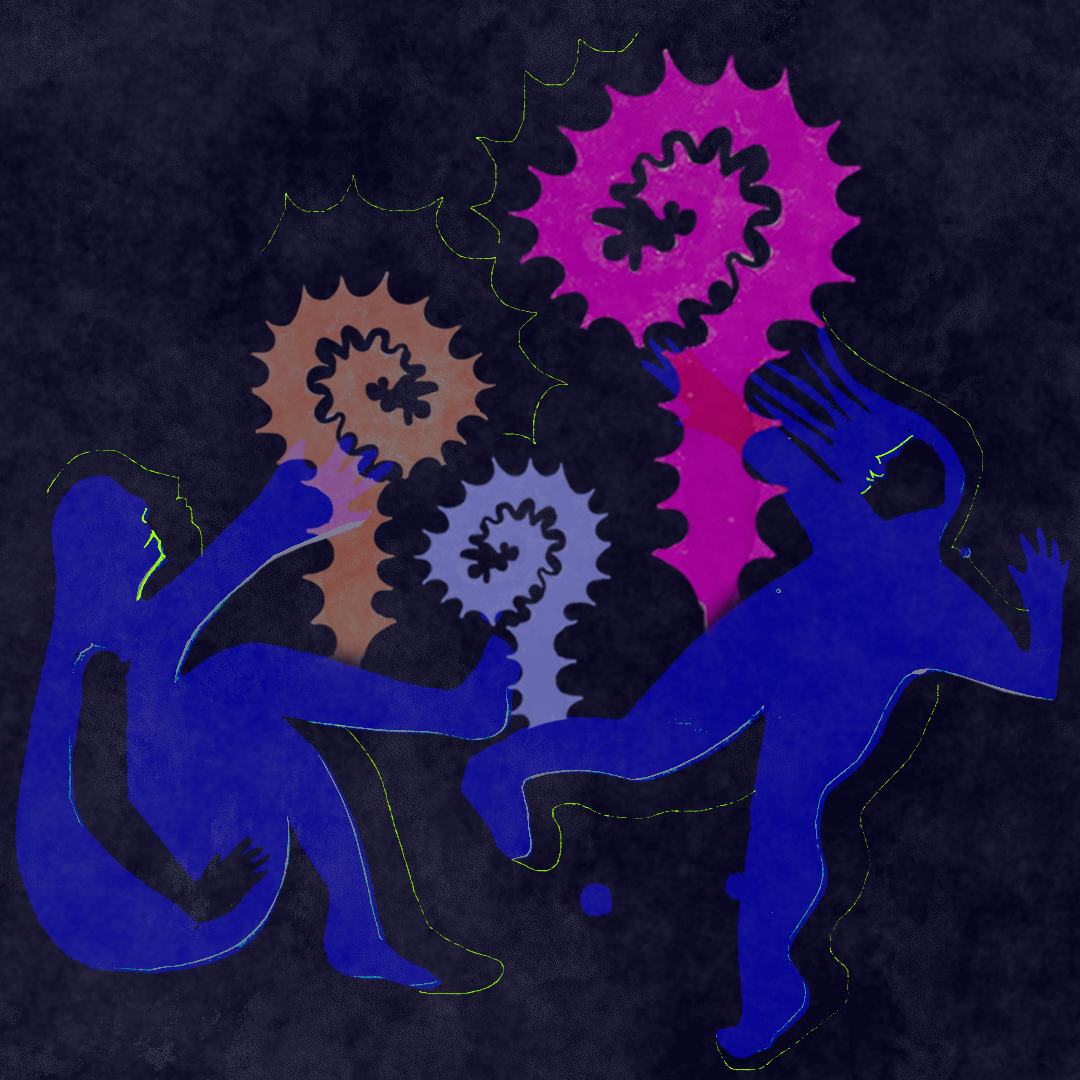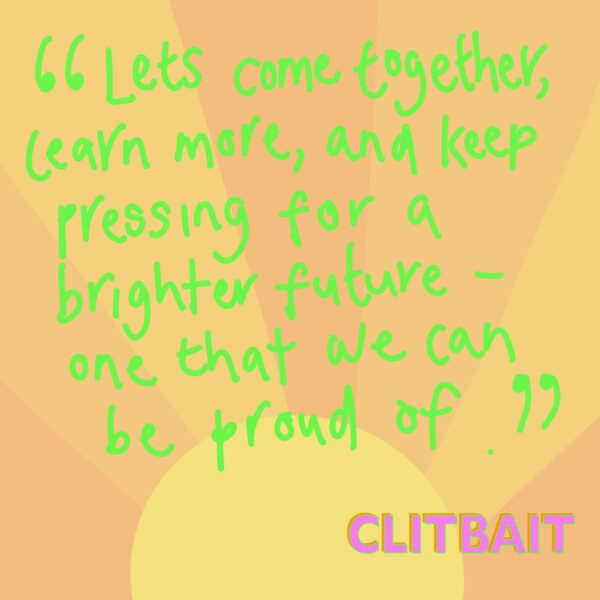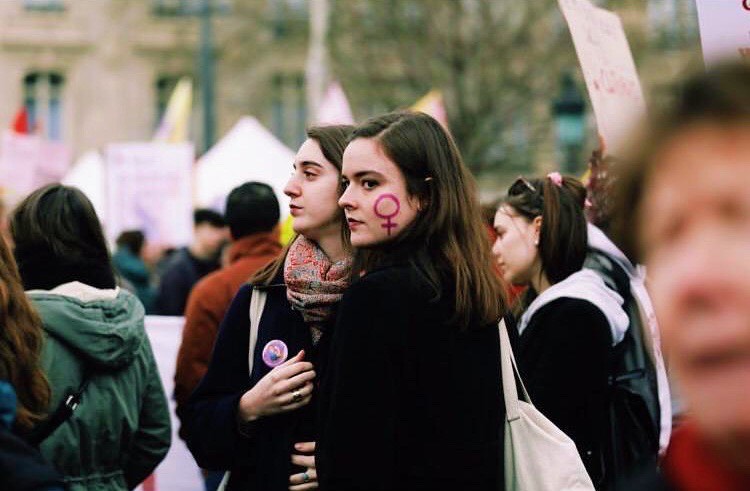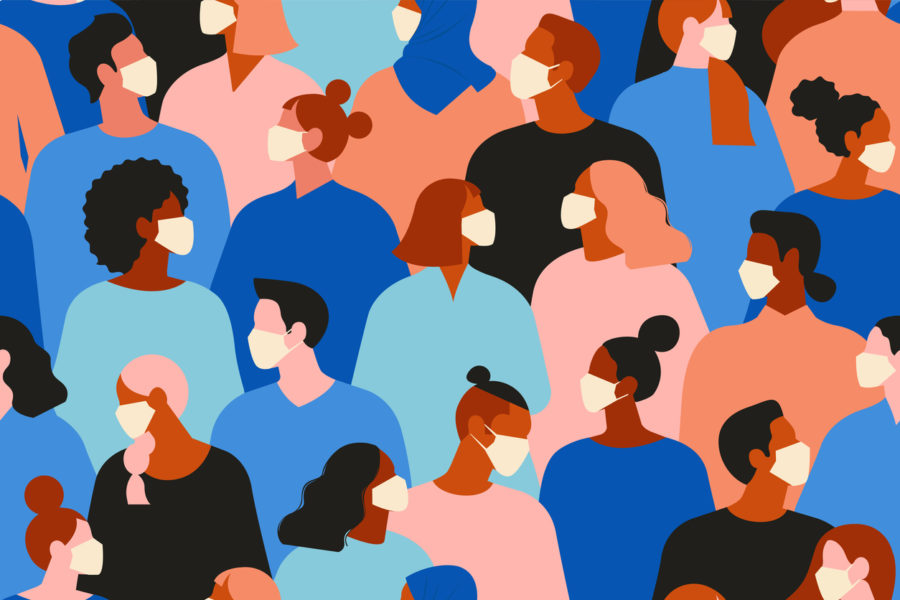This article is based on research conducted in the summer of 2021 as part of my undergraduate Geography dissertation. I would like to thank all those who volunteered their time to share their experiences with me – none of this would be possible without you and I am grateful you chose to share your stories with me. Thank you.
While at university, my undergraduate dissertation focused on the emotions of queer individuals and their experiences of space, in Nicosia and in Glasgow. As a queer person who had lived in both cities, I was interested in how emotional experiences can be important for fostering a sense of community, as well as a sense of belonging. Through my research I investigated the importance of experiences in queer spaces for community formation and argued for the importance of queer spaces. I also explored the specific emotional geographies that can be implicated in a queer sense of belonging. As you can imagine, it was not easy conducting this research as a queer person living in both of these cities, who had experienced both the joy and hardship of queer existence. However, my research revealed that often there is something missing from our narratives: queer joy.
Throughout my research, it was evident that experiencing positive emotions such as joy and euphoria with other queer people was an important factor that can facilitate belonging, both within a community but also belonging within a specific place such as Glasgow or Nicosia. This was an important finding since scholars in emotional geography tend to focus more on negative emotions such as fear (Gorman-Murray, 2009). Some of the research participants pointed out the need to change these narratives: “we talk a lot about discomfort and dysphoria, but we don’t talk enough about euphoria”. Without discrediting the hardship and pain that most of our community has experienced up until today, and still does in a lot of places, I think it’s important that we try and shift the narrative towards some of the joy that queerness can bring us.
Other participants also pointed out the fact that being queer and being around other queer people is a joyful experience in itself:
“I think my sexuality influences me in the sense that I feel a lot of joy in queer spaces in Glasgow […] And I think it influences my emotions in that I think being myself in a space feels very exciting and very joyful. Knowing that I can dress however I like to go down the street is very exciting. […] I like to talk about joy, I like to be excited to be queer because I feel like that’s my experience of Glasgow. It feels like I’ve been around so many beautiful, exciting, queer people living their lives. […] I’m so happy that I’m queer, I would never not want to be, I would never choose to be straight because this is so much fun, I’m so much happier this way”.
A lot of the time we hear narratives about queer people choosing this lifestyle or choosing to be queer, and lots of the time the counter-argument is ‘why would someone choose to make their life more difficult by being queer?’. Of course being queer is not a choice, but it is important to highlight that being queer does not only bring hardship and difficulties in your life but it also creates possibilities for new joyful experiences and connections that many queer people would not give up.
Participants also pointed out that “I’m at a stage in my life where I’m not seeking safety, I want amazing, give me more. […] It goes back to ideas of toleration, we don’t want to be tolerated, living your life is not an act of toleration. We don’t want to be celebrated either, we just want to be able to connect. And visibly connect you know, actually have spaces to connect, have the same social and civil experience. All of those things can be euphoric if you’ve been denied them.”
I think there is something really important to be said about the radical potential of expressing our queer joy and euphoria. We often hear during pride month that many people find our display and celebration of queerness unnecessary, partly because of all the progress that has been achieved in some places.
However, celebrating queer joy and connection has the power to challenge ideas about toleration and emphasises the fact that queer individuals are not seeking toleration or assimilation – but rather the ability to publicly and visibly connect with their communities: “I love being with other people that are queer and are visibly queer because I just feel this is my community and other people can see me and I think I get a real kick off it. I feel quite euphoric at some points”. And although many queer individuals find queer joy in romantic relationships, many participants pointed out that queer joy can also come from loving and caring friendships and shared experiences with other queer people.
As you can see, many of the participants I interviewed tried to shift the conversation away from feelings of fear and discomfort to positive feelings of queer joy. As Sarah Ahmed (2004b) points out, queer feelings are not only about negativity but also about enjoyment. Ahmed (2004b) refers to queer pleasures not only as coming together in sexual intimacy but also the ways queer bodies gather together in spaces and open up to other bodies. What Ahmed is talking about here, is the sheer joy of being with other queer people at spaces like queer clubs, events or Pride marches.
And while my research agrees with Ahmed that it is important to talk about the positive emotions that arise from gathering with queer people, I would like to highlight the issue of safety that many participants brought up. The importance of feeling safe or unsafe came up in 16 out of the 20 interviews. I also found that in interviewing participants from two different but connected places provided an interesting insight into the issue of queer joy vs safety.
For example, participants from Glasgow emphasised their emotional geographies of queer joy, whereas participants in Nicosia felt that safety (or the lack of safety) hindered any positive emotions: “So, I think, I think the biggest topic for me is safety because I don’t really care if I feel included. Because feeling included would come after feeling safe. […] It is my goal to have general safety. That’s the word that I’m going to repeat a lot, because I feel like the reason I’m giving the answers I am giving is because I don’t feel safe in Nicosia a lot of the time.”
However, participants who have lived in both cities highlighted that the two cities are not radically different in terms of acceptance, and that despite assumptions that Glasgow is a very safe space for the LGBT community, it is important to not portray it as a utopia: “I think it’s always important to make the distinction between saying Glasgow is generally a welcoming city and saying, Glasgow is a city where these little queer pockets can exist in a way that they are uninterrupted and allowed to exist […] they’re not that different. It’s just that, in one of these places you find pockets of belonging and in the other, you don’t […] and so this is why I can’t make a judgement and say Nicosia is backwards and Glasgow’s more progressive.” While it’s true that many participants from Nicosia expressed a lack of safety, many also talked about the spaces that have been co-opted and queered by the community, such as radical and anarchist coffee shops, old abandoned buildings, and even the yard of a church. These examples challenged my own preconceptions of Glasgow as an overall liberal city compared to Nicosia and highlighted the need to understand issues of sexuality in non-European spaces and create culturally sensitive approaches to queer research.
Overall, it would seem that the feeling of safety and the absence of negative emotions such as fear produces a security in one’s sexual identity that is necessary before experiencing any positive emotions. Once the feeling of safety is relatively achieved, then we can progress to inclusion, queer joy and euphoria. Nevertheless, I still agree with Sarah Ahmed (2010) in that we have neglected discussing joy for queer people as it is taken for granted. Highlighting the need for safety does not negate that we can still experience immense queer joy. And looking at queer joy and the positive and affirming emotions associated with queerness can help us understand queerness as embodied, intracorporeal and relational – it can reveal to us what it means to be queer amongst other queer people.
Queer joy is a collective experience. It is the joy of seeing your friends holding hands down the street and kissing in the sunlight. It is the joy of seeing sweaty sparking bodies shining in the club or lying on the beach. It is the joy of telling your grandma who you love, it is the joy of feeling safe in someone’s arms, the joy of hugging and sharing stories and laughing till you cry. It is the joy of being queer.






Leave a Comment